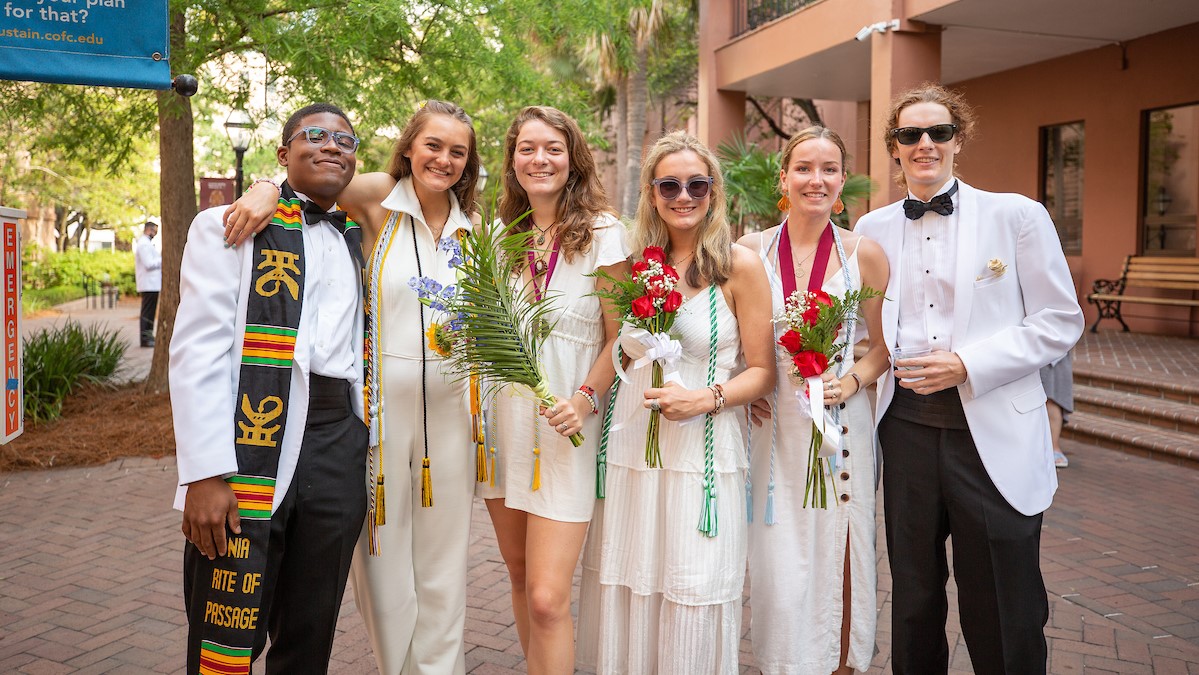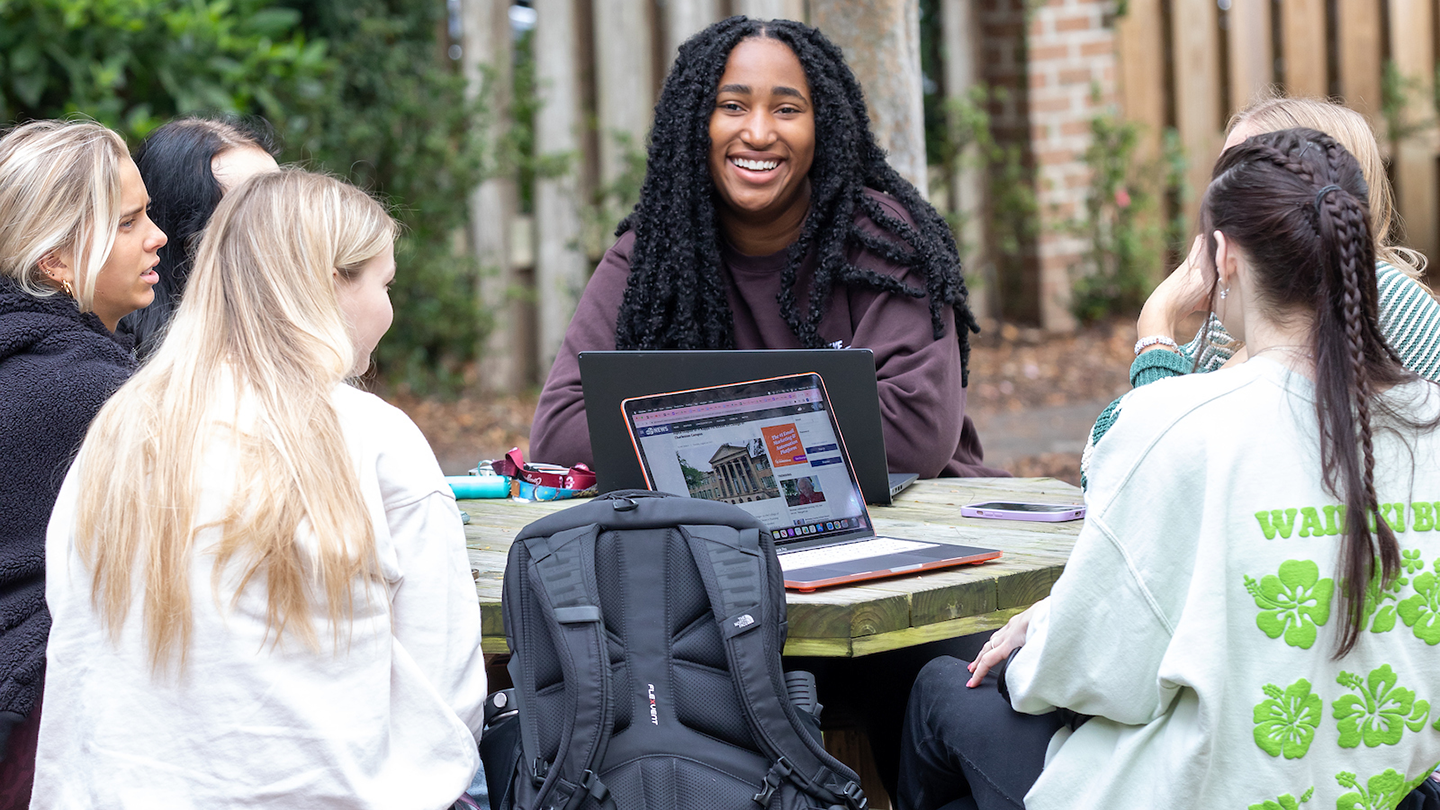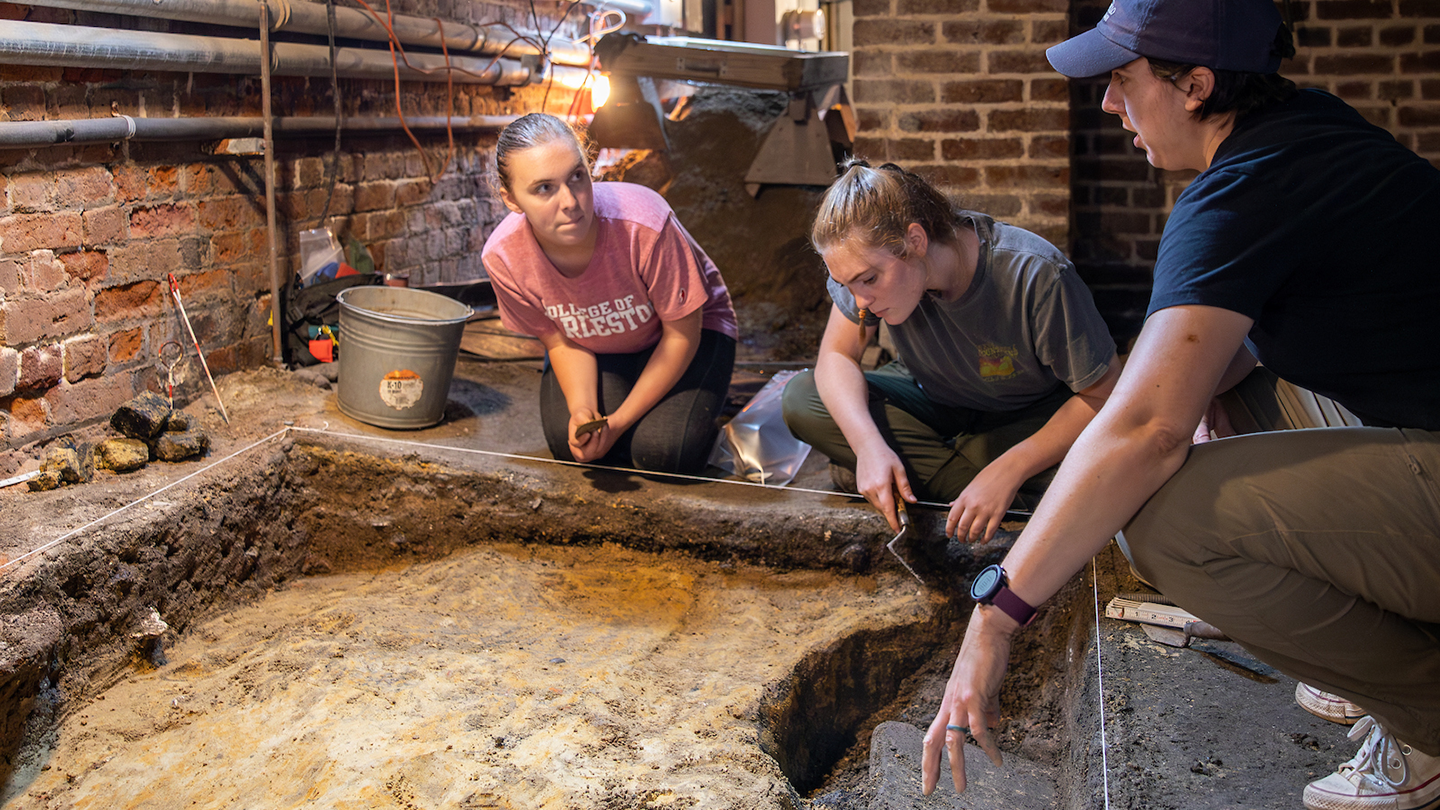School of Humanities and Social Sciences







We prepare students for career and life! Find success through meaningful careers and active engagement as life-long learners and informed world citizens.
Join us in innovative teaching, robust mentorship, engaged learning opportunities and collaborative research. Here, you'll find an interdisciplinary community that celebrates the diversity of its members. You'll embrace your curiosity and discover unique perspectives.
The Humanities & Social Sciences
All About HSS
Welcome to HSS, the largest of the academic schools at the College of Charleston.
Read more about "All About HSS"
Academics
The School of Humanities and Social Sciences (HSS) prepares students to become independent, engaged, lifelong learners.
Read more about "Academics"
Scholarships & Funding
We love to support and provide opportunities for HSS students!
Read more about "Scholarships & Funding"
Student Opportunities
HSS offers students guidance, mentoring, funding, career development and dynamic experiential learning activities.
Read more about "Student Opportunities"
Donate to the Dean's Excellence Fund
Your gift to HSS supports students' ability to study abroad, internship opportunities and challenges as they arise. Donate now!
Read more about "Donate to the Dean's Excellence Fund"
 Play video
Play video

Get Involved!
Meet Marley. She's a communication major involved in activities inside and outside the classroom. You can also learn about what it's like to be a Martin Scholar.
Watch Marley's Story